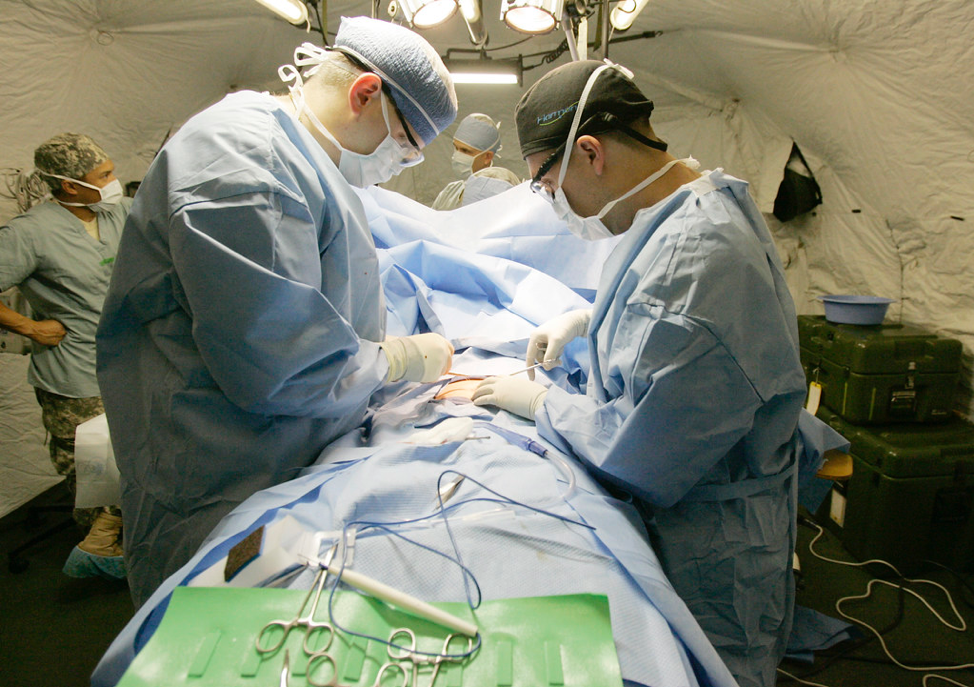CALL TODAY 646-846-1136 | EMAIL
Surgical Experts Dedicated to Improving Lives
At Lenox Hill Minimally Invasive Surgery PLLC, Dr. Valery Dronsky and his staff of medical professionals provide compassionate care with the highest ethical & professional standards. In our state of the art facility, we offer surgical services using only the most cutting edge and current procedures and treatments. We specialize in general surgery, including extensive experience in performing hernia repair surgery. Our expertise is in minimally invasive surgery and robotic surgery. Minimally invasive and robotic surgery often allow patients to experience easier recovery than traditional open surgery. They also allow for more precise and less traumatic surgery. When robotic and minimally invasive surgery is not an option, we are also skilled and experienced in traditional open surgical procedures.
Dr. Dronsky is an experienced and highly skilled surgeon having undergone extensive training in school, residency and fellowships. He practices medicine with ethical behavior, compassion and superb bedside manner. In the operating room he exhibits precision mechanical abilities, analytical thinking and the ability to visualize tissue in three dimensions. These innate and learned skills allow Dr. Dronsky to be one of the most dexterous and skilled professionals in New York City and the Country.
Call us: 646-846-1136
PATIENT TESTIMONIALS
Recent Awards
We are honored and deeply appreciative to have consistently received prestigious awards and recognition year after year, establishing us as one of New York’s foremost hospitals for a wide range of general surgeries, safety measures, specialized procedures, and overall excellence in healthcare. At Lenox Hill Minimally Invasive Surgery, our unwavering commitment lies in delivering exceptional care and unwavering support to our patients, guaranteeing their safety and successful recovery throughout their entire surgical experience.
Hospital Quality Awards
 America’s 50 Best Hospitals Award™ (2023, 2022)
America’s 50 Best Hospitals Award™ (2023, 2022)
Top 1% in the nation for providing the highest clinical quality year over year.

America’s 100 Best Hospitals Award™ (2021)
Top 2% in the nation for consistently delivering clinical quality year over year.

America’s 250 Best Hospitals Award™ (2023, 2022, 2021)
Top 5% in the nation for consistently delivering clinical quality.

Patient Safety Excellence Award™ (2023, 2022)
Top in the nation for providing excellence in patient safety by preventing infections, medical errors, and other preventable complications.
Specialty Clinical Quality Awards

America’s 100 Best Hospitals for Cardiac Care Award™ (2023, 2022, 2021, 2020, 2019)
Superior clinical outcomes in heart bypass surgery, coronary interventional procedures, heart attack treatment, heart failure treatment, and heart valve surgery.

America’s 100 Best Hospitals for Coronary Intervention Award™ (2023, 2022, 2021, 2020, 2019)
Superior clinical outcomes in coronary intervention procedures (angioplasty with stent).

America’s 100 Best Hospitals for Prostate Surgery Award™ (2023, 2022, 2021)
Superior clinical outcomes in prostate removal surgery and transurethral resection of the prostate.
Click to see all of our Healthgrades best doctors awards
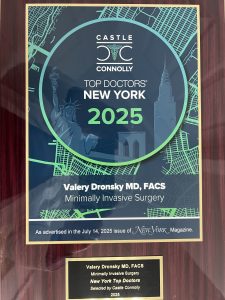
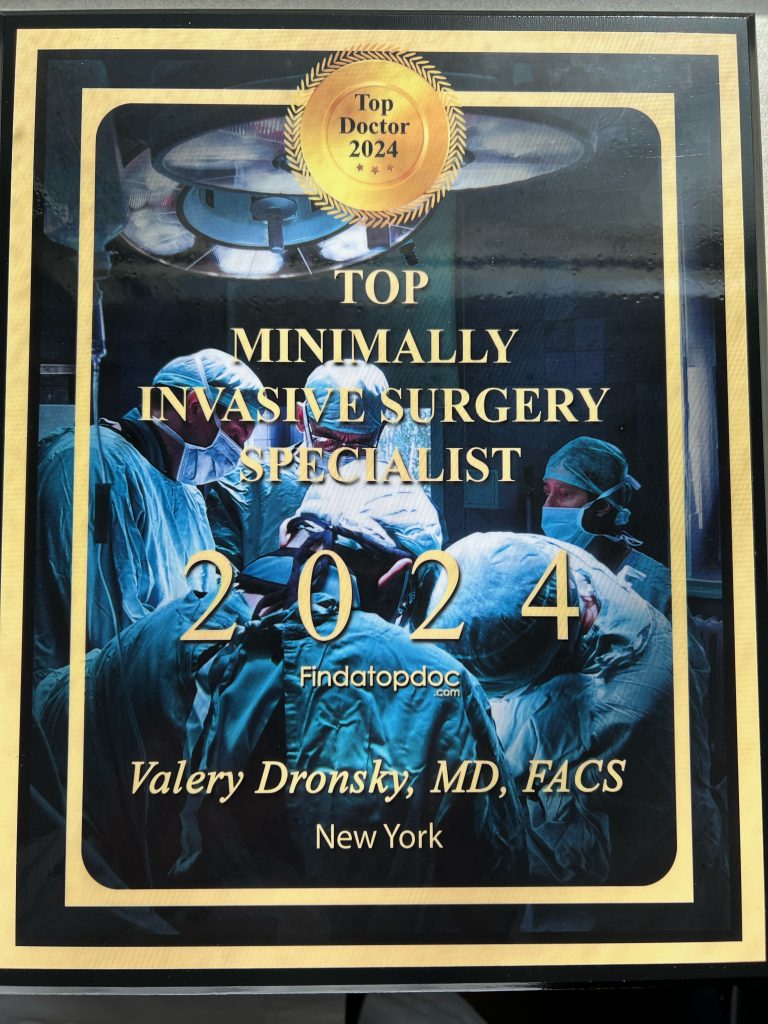
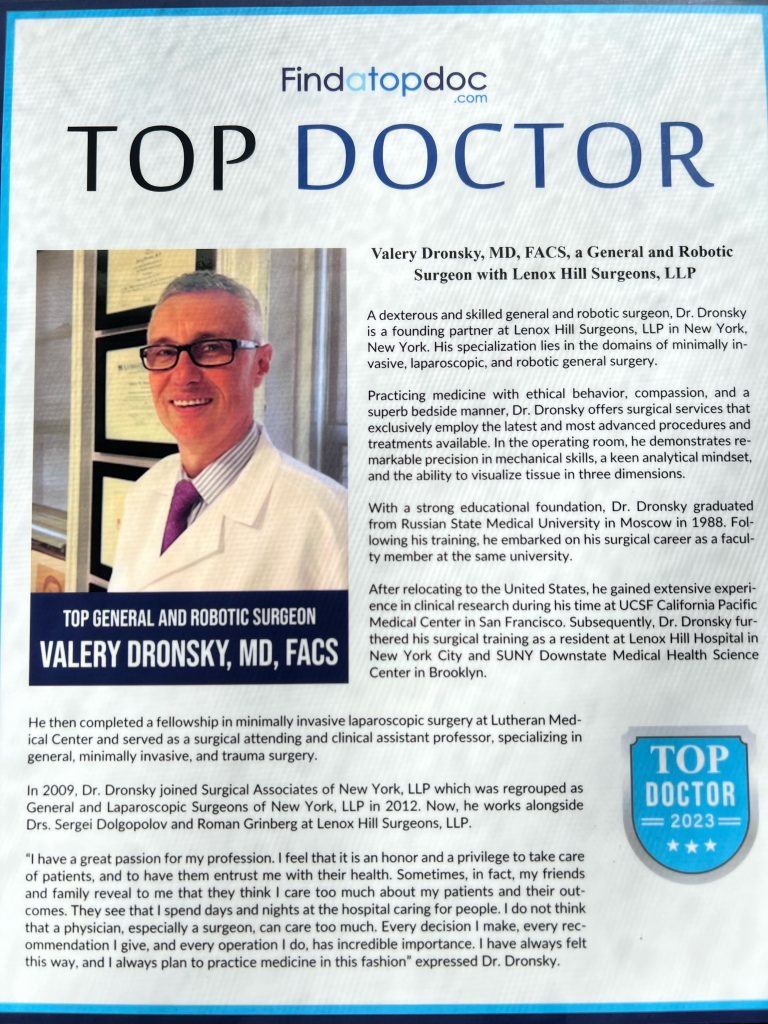


Visit our main website at www.LenoxHillMinimallyInvasiveSurgery.com
Blog Posts are Below:
Tag Archives: Gallbladder Surgery
Gallbladder Surgery: Common Disorders and Surgical Solutions
Various conditions can affect the gallbladder, leading to discomfort and potential complications. Gallbladder surgery may be necessary when conservative treatments fail to alleviate symptoms. The gallbladder is a small organ located beneath the liver that plays a vital role in the digestion of fats. At Lenox Hill Minimally Invasive Surgery, a leading general surgery practice in New York City, our team of expert surgeons specializes in gallbladder surgery, offering patients effective surgical solutions for gallbladder disorders. In this comprehensive article, we will explore common gallbladder disorders, their symptoms, and the surgical interventions available to provide relief and restore well-being.
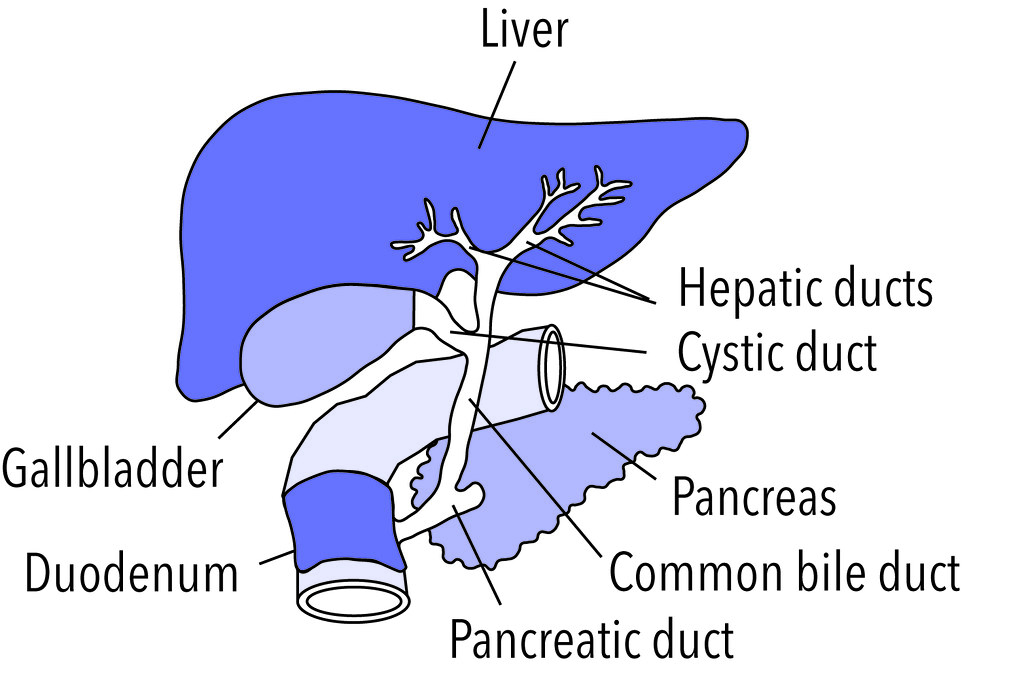
Gallstones: Causes and Symptoms
Gallstones are one of the most common disorders affecting the gallbladder. They are formed when substances in bile, such as cholesterol or bilirubin, harden into stone-like particles. Gallstones can range in size and quantity, and they can cause various symptoms, including:
1. Abdominal Pain:
Gallstones often cause intense pain in the upper right abdomen or in the middle of the abdomen just below the breastbone. The pain can be recurrent and may radiate to the back or shoulder.
2. Nausea and Vomiting:
Gallstone-related pain can lead to feelings of nausea and sometimes result in vomiting.
3. Jaundice:
In some cases, gallstones can obstruct the bile duct, leading to a buildup of bilirubin in the body. This can cause yellowing of the skin and eyes, known as jaundice.
4. Indigestion and Bloating:
Gallstones can disrupt the normal flow of bile, leading to indigestion, bloating, and a feeling of fullness after meals.
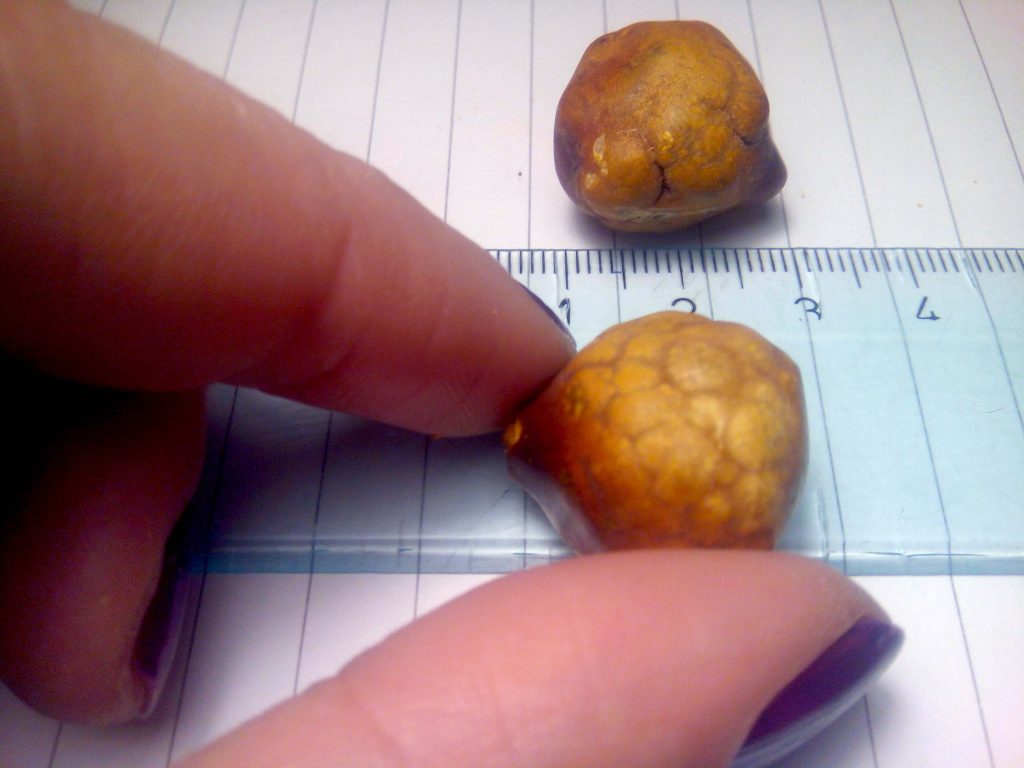
Gallbladder Surgery: Cholecystectomy
When gallstones or other gallbladder disorders cause significant symptoms or complications, gallbladder surgery is often recommended. The most common surgical intervention for gallbladder removal is called cholecystectomy. There are two primary approaches to cholecystectomy:
1. Laparoscopic Cholecystectomy:
Laparoscopic cholecystectomy is a minimally invasive surgical procedure that utilizes small incisions and specialized instruments. The surgeon inserts a laparoscope, a thin tube with a camera, to visualize the surgical area. The gallbladder is then removed through small incisions, resulting in less post-operative pain, faster recovery, and minimal scarring.
2. Open Cholecystectomy:
Open cholecystectomy is a traditional surgical approach that involves making a larger incision in the abdomen to remove the gallbladder. While it requires a larger incision and longer recovery time compared to laparoscopic cholecystectomy, open cholecystectomy may be necessary in certain cases, such as when there are complications or if laparoscopic surgery is not feasible.
Expert Gallbladder Surgery Services at Lenox Hill Minimally Invasive Surgery
At Lenox Hill Minimally Invasive Surgery, we understand the impact gallbladder disorders can have on your daily life. Our team of experienced general surgeons specializes in gallbladder surgery and provides individualized care to meet your specific needs. We utilize advanced techniques and state-of-the-art technology to ensure optimal surgical outcomes and patient satisfaction.
Contact us today to schedule a consultation and benefit from the expertise of our renowned surgeons:
Contact Information:
LENOX HILL MINIMALLY INVASIVE SURGERY
117 E 77th Street
Suite 1A
New York, NY 10075
646-846-1136
admin@lenoxmis.com
https://lenoxhillminimallyinvasivesurgery.com/
All About Gallbladder Surgery
The gallbladder is a small organ near your upper abdomen. Whereas, the abdomen is present in the center of your body and holds several organs, including the stomach. This organ is not a complicated one, and so not it’s surgery.
The gallbladder surgery is the most common surgery and mostly don’t cause any severe side effects.
What is the Function of Gallbladder?
The gallbladder is the one that accumulates and stores a liquid known as bile, which aids your body in breaking down your food. Gallstones, small and hard deposits, can grow in the gallbladder. It is a common health condition. When your gallstones start to cause problems in your body, your doctor will recommend you to remove them. For instance, if your gallbladder stops working properly, and you also feel pain, you will need surgery. Your health professional will suggest the best treatment you can have.
Gallbladder Surgery or Cholecystectomy
This is the surgical method to remove your gallbladder. The gallbladder is responsible for gathering the bile and storing it. This bile is a digestive fluid produced in your liver.
Traditionally, doctors perform gallbladder surgeries through an incision in the belly to take out the gallbladder. It is called open surgery. Because of the high technological methods, now doctors can do this with tiny instruments and a small cut, called laparoscopic surgery. The main instrument of the surgery is a laparoscope, hence the name. It is a minimally invasive surgery that takes place using small tools.
Cholecystectomy is a common surgery and typically don’t have any risk or complications. In many cases, patients can get discharged from the hospital on the same day of the surgery. For The procedure, the surgeon inserts cameras in your abdomen, and safely removes the gallbladder with the help of images.
In some cases, doctors can also use a large incision to take out the gallbladder. This surgery is called open Cholecystectomy.
Who Needs Gallbladder Surgery?
As you have learned, Cholecystectomy is a common method to treat gallstones and cure the complications. If you have the following problems, your doctor may recommend you undergo surgery.
- If you have gallstones in your gallbladder, called cholelithiasis
- If you have growth of gallstones in your bile duct, called choledocholithiasis
- If you are suffering from gallbladder inflammation, called cholecystitis
- If you have large gallbladder polyps
- If you face pancreas inflammation due to gallstones
Complications of the Surgery
Mostly, patients go back to their normal and regular activities after the surgery. The complication can only happen because of the less medical care or after when people don’t take care of themselves. However, there is little chance of suffering from any complications, and even if they occur, they are few.
The complications of Cholecystectomy include blood clots, infection in the area, bleeding, hernias, and heart problems. A hernia is a condition in which your tissues or a small spot of your gut (intestine) bulges through the muscles that cover it.
Moreover, any surgeries can have the risk of causing problems in other parts of the body. This does not always happen, but it is possible. Similarly, gallbladder surgeries can cause issues in the nearby area, such as large intestine, common bile duct, and small intestine. If you face these problems, you need to undergo another surgery to treat them. It is also possible that your bile might start to leak after the gallbladder surgery into your abdomen.
Mostly, a complication from gallbladder removal is rare, which means it is a safe procedure. If you want to know about the possible complication in your surgery, ask your surgeon.
Bottom Line: Consult Top NYC Specialists at Lenox Hill Minimally Invasive Surgery
Gallbladder removals are the most common surgeries in NYC. They usually don’t involve any complications and not cause any side effects. Both men and women can undergo gallbladder surgery at any age.
Some patients can even go home on the day of the surgery. However, you should take your treatment seriously no matter what type of surgery it is. The same goes for this one. It would be best to have a health professional who can diagnose your problems properly and treat it.
Lenox Hill Minimally Invasive Surgery team of expert gallbladder surgeons have the expertise to cure your problem once and for all. They use cutting edge technology and procedures for removing the gallbladder. Schedule a consultation on our website or by phone at 646-846-1136 today.
Gallbladder Surgery – What to Expect
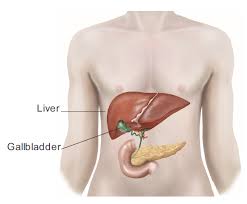 Although it is just a small organ, the gallbladder is used in the effective processing of food and nutrients. However, there are a few specific circumstances in which some or all of the gallbladder must be removed. Gallbladder surgery is one of the most common surgeries in the world. But what does the gallbladder actually do? Why would you need gallbladder surgery? And what can you expect from gallbladder surgery recovery?
Although it is just a small organ, the gallbladder is used in the effective processing of food and nutrients. However, there are a few specific circumstances in which some or all of the gallbladder must be removed. Gallbladder surgery is one of the most common surgeries in the world. But what does the gallbladder actually do? Why would you need gallbladder surgery? And what can you expect from gallbladder surgery recovery?
What is the Gallbladder?
The gallbladder is only a few inches in diameter with the ability to expand and contract depending on its contents. The primary purpose of the gallbladder is producing bile. This bile is used for digestion and the eventual absorption of essential vitamins and nutrients. The gallbladder inflates as it fills with bile and empties as food passes through the small intestine, where the bile is secreted and fats are processed.
It is interesting to note that the gallbladder is not an essential organ for daily life. In many cases where the gallbladder must be removed, diet and activity are not greatly affected once the initial recovery has been completed.
Why Would you Need Gallbladder Surgery?
 There are a number of conditions which could require gallbladder surgery. One of the most common is the existence of gallstones. Gallstones, as the name suggests, are small stone-like objects within the gallbladder. Gallstones on their own are not problematic but may become so if they get lodged in a place where they should not be, such as in the bile ducts. When this happens, sharp, stinging pain can be felt in the upper right section of the abdomen.
There are a number of conditions which could require gallbladder surgery. One of the most common is the existence of gallstones. Gallstones, as the name suggests, are small stone-like objects within the gallbladder. Gallstones on their own are not problematic but may become so if they get lodged in a place where they should not be, such as in the bile ducts. When this happens, sharp, stinging pain can be felt in the upper right section of the abdomen.
Another condition which can require gallbladder surgery is cholecystitis, or inflammation of the gallbladder. Swelling and inflammation of the gallbladder can cause pain and impair digestion, as bile is not secreted properly. Instead, bile could build up and leak, causing intestinal discomfort. In cases like this, the gallbladder can be removed to reduce pain and decrease the risk of further complications.
What to Expect from Gallbladder Surgery
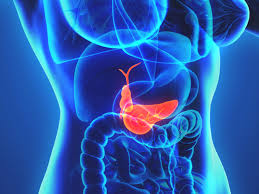 Prior to your gallbladder surgery, your surgeon will most likely want to discuss your individual case. Even though gallbladder surgery is one of the most common surgical procedures performed, every individual is different. Your doctor will most likely want to know about current medications, any pertinent medical history, and whether or not you have a family history of gallbladder problems or surgical complications.
Prior to your gallbladder surgery, your surgeon will most likely want to discuss your individual case. Even though gallbladder surgery is one of the most common surgical procedures performed, every individual is different. Your doctor will most likely want to know about current medications, any pertinent medical history, and whether or not you have a family history of gallbladder problems or surgical complications.
Your surgeon will give you specific instructions, but it is typical for a prescription to be provided that will empty the intestines to make for easier access to the gallbladder. Usually, it is important to avoid drinking or eating anything before your surgery. In a gallbladder removal surgery, or cholecystectomy, a small incision is created with the intention of removing the gallbladder itself. A small camera is inserted and used to guide the process.
Due to the relative simplicity and familiarity with gallbladder surgery, it is expected to be an outpatient procedure. That means that most people go home on the same day of having their surgery performed. However, in some cases, the doctor may wish to have a longer stay to monitor recovery. The average recovery time for gallbladder surgery is just a few weeks. However, even after the initial recovery is complete, it is important to minimize strenuous activities that could put a strain on the incision site. Heavy lifting, bending, or vigorous exercise should be limited. Talk to your surgeon for specific instructions following your surgery.
Do you think you need to have gallbladder surgery? Schedule an appointment with the best surgeons in NYC for a consultation today.
LENOX HILL MINIMALLY INVASIVE SURGERY
117 E 77th Street
Suite 1A
New York, NY 10075
646-846-1136
admin@lenoxmis.com
References
https://www.uofmhealth.org/health-library/hw106860
https://www.mayoclinic.org/tests-procedures/cholecystectomy/about/pac-20384818
https://www.webmd.com/digestive-disorders/surgery-for-gallstones#1
Gallbladder and Gallstone Surgery – NYC General Surgeon
Gallstone and Gallbladder Surgery: Steps, Benefits, Side-Effects, Precautions & Prognosis
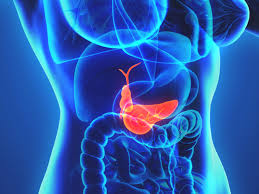 Gallstone and gallbladder surgery referred to as cholecystectomy in medical parlance, is an operative procedure where your gallbladder is removed. Gallbladder surgery is chiefly performed to get rid of gallstones or cholesterol stones which if not removed could lead to severe complications like cholangitis, pancreatitis, and cholecystitis. Gallbladder deletion or excision is the best solution if this biliary-tract organ becomes swollen (cholecystitis) or infected or if you’re diagnosed with biliary dyskinesia (compromised outflow of bile), choledocholithiasis or pancreatitis.
Gallstone and gallbladder surgery referred to as cholecystectomy in medical parlance, is an operative procedure where your gallbladder is removed. Gallbladder surgery is chiefly performed to get rid of gallstones or cholesterol stones which if not removed could lead to severe complications like cholangitis, pancreatitis, and cholecystitis. Gallbladder deletion or excision is the best solution if this biliary-tract organ becomes swollen (cholecystitis) or infected or if you’re diagnosed with biliary dyskinesia (compromised outflow of bile), choledocholithiasis or pancreatitis.
Cholecystectomy is the most popular and preferred treatment mode of doing away with gallstones as these do not resolve or dissolve as a matter of course. You know that you’re due for surgery when you suffer from acute abdominal pain, nausea, vomiting, flatulence, fever or jaundice.
Surgery Types & Methods
In very rare circumstances, gallstones can be melted away or resolved by making dietary changes like reducing consumption of fatty foods or taking certain medications. However, these strategies are, for the most part, ineffective if the stones are sizable. For nearly 80% of individuals with gallstones, surgery is the best and the only alternative.

There are primarily three surgical procedures that surgeons carry out for gallstone elimination: cholecystectomy (gallbladder resection), ERCP (endoscopic retrograde cholangiopancreatography), and cholecystostomy (drainage of the bladder).
- Cholecystectomy is the most widely used technique for clearing away cholesterol stones. Two types of gallbladder surgery are in vogue-laparoscopy (keyhole surgery) and open surgery. The laparoscopic operation is more popular in comparison to the open surgery mode because of the former’s inherent benefits.
- The open surgical method is resorted to especially when anatomical issues are resulting from previous gastrointestinal surgeries, like the presence of scar tissues. Though it takes roughly 1-2 hours for performing both the types of operation, open surgery entails a longer stay in the hospital and an extended recovery period, largely because of the wider opening.
- In ERCP, an endoscope is inserted into the small intestine via the esophagus for dealing with an obstructed common bile duct. Surgical tools are slotted in together with the endoscope for correcting the constricted or blocked sections of CBD once the gallbladder is excised. Often, it may not be possible to conduct surgery on some patients.
In these circumstances, the excess bile is drained away from the bladder with the help of a catheter. Nevertheless, these patients will have to consider surgery in the long run.
Benefits
Opting for a laparoscopic or open gallbladder surgery has its benefits. Removing a diseased or contaminated bladder ensures that you’ll be able to get back to leading a normal life quickly. Choosing laparoscopic intervention ascertains that your hospital stay will be shorter-you may be discharged on the very day the operation is performed. Also, the recuperation will be faster compared to open surgery.
The chances of the complications returning or recurring are also very slim once the surgery is done.
Side Effects
- Bleeding
- A hernia
- Blood clots
- Heart attack or stroke
- Wound infection
- Abdominal swelling
- Allergic reactions from general anesthesia
- Bile leakage
- Pneumonia
- The possibility of damage to organs surrounding the gallbladder
Precautions
- Cleanse and dress the incision area periodically
- Walk as much as you can to prevent thrombosis
- Wear loose fitting clothes so that the incision is not abraded against
- Follow the dietary chart prescribed by the surgeon
- Take all medications on time and complete the course
Prognosis
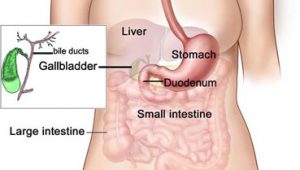 As far as the short-term prognosis is concerned, the success rate of bladder operations is excellent. The kind of surgery you go for determines the recuperation period. You’ll experience mild postoperative pain if laparoscopy is involved. Talking about the long-term scenario, you’re less likely to suffer from the complications you had before the surgery.
As far as the short-term prognosis is concerned, the success rate of bladder operations is excellent. The kind of surgery you go for determines the recuperation period. You’ll experience mild postoperative pain if laparoscopy is involved. Talking about the long-term scenario, you’re less likely to suffer from the complications you had before the surgery.
Concluding Remarks
Laparoscopic or open surgery is the feasible option for getting relief from complications or issues related to the gallbladder. For more details about this treatment option and to evaluate if this is the right stage to get this treatment, we advise you to fix an appointment with one of our specialists for consultation.
References
- https://www.hon.ch/HONselect/Selection/E04.html
- https://www.healthline.com/health/gallbladder-removal-open#outlook
- https://www.healthline.com/health/gallbladder-removal-laparoscopic#follow–up
- https://www.uofmhealth.org/health-library/hw106860
- https://www.webmd.com/digestive-disorders/surgery-for-gallstones#1
- https://www.sages.org/publications/patient-information/patient-information-for-laparoscopic-gallbladder-removal-cholecystectomy-from-sages/
- https://www.everydayhealth.com/gallbladder/surgery-what-expect/

















